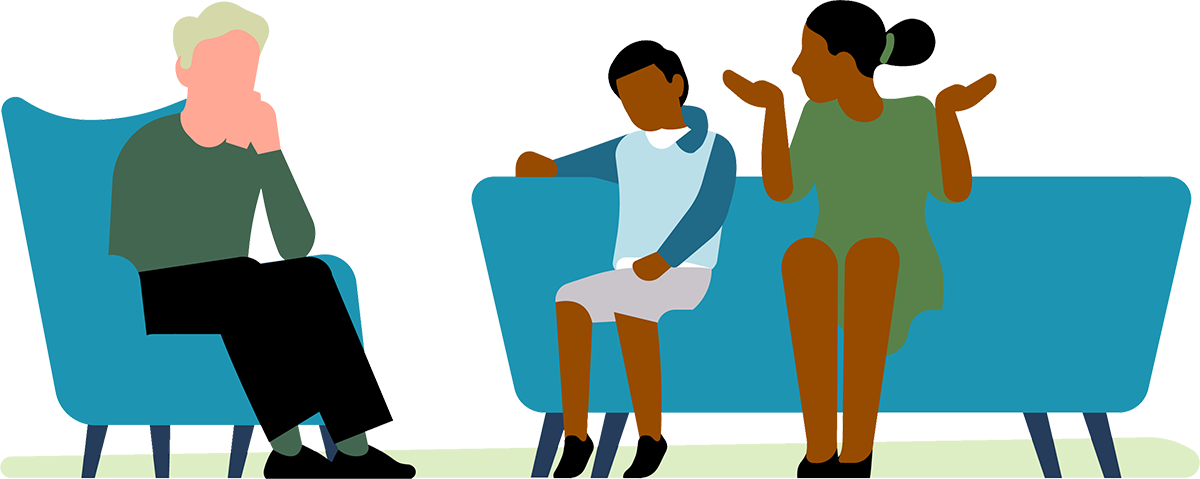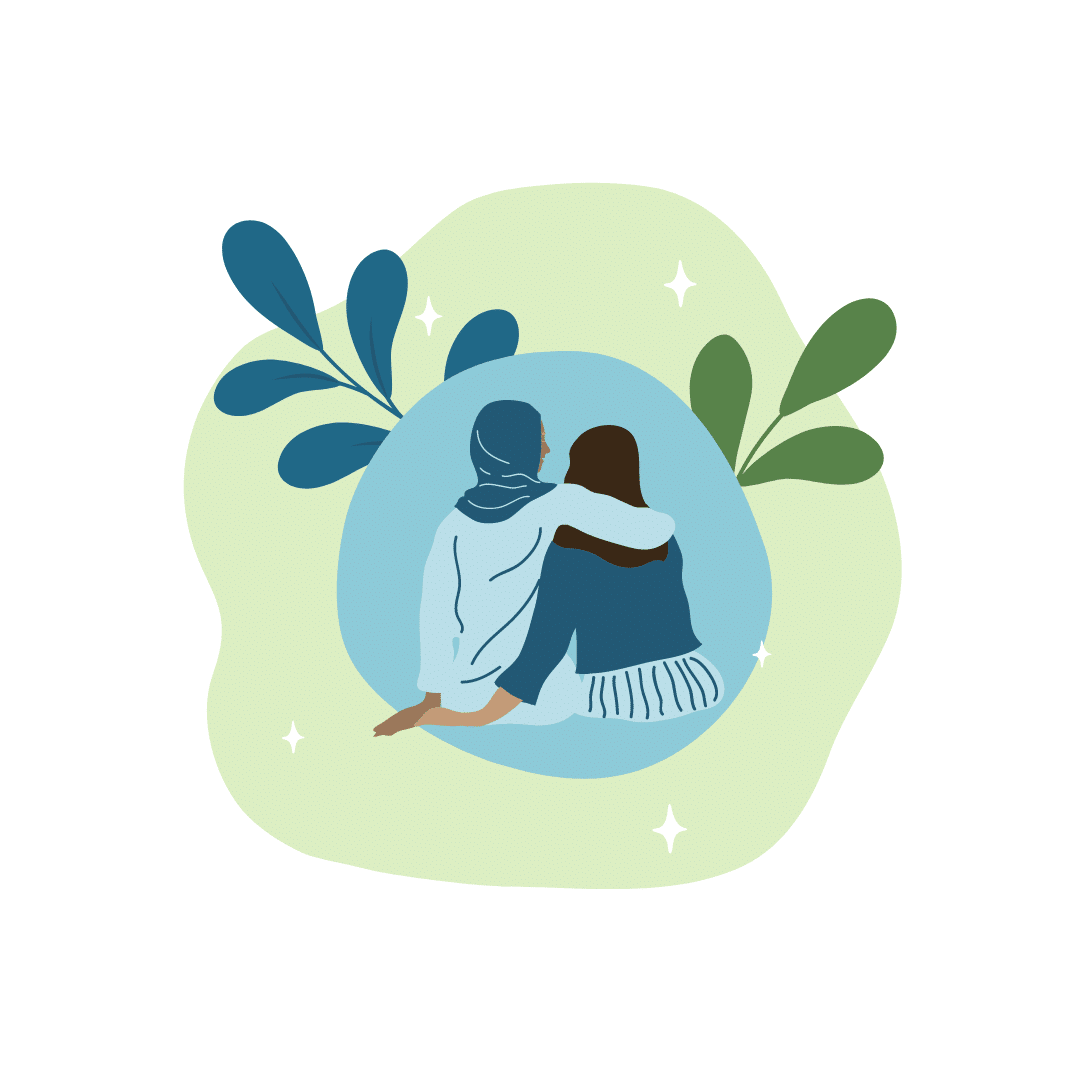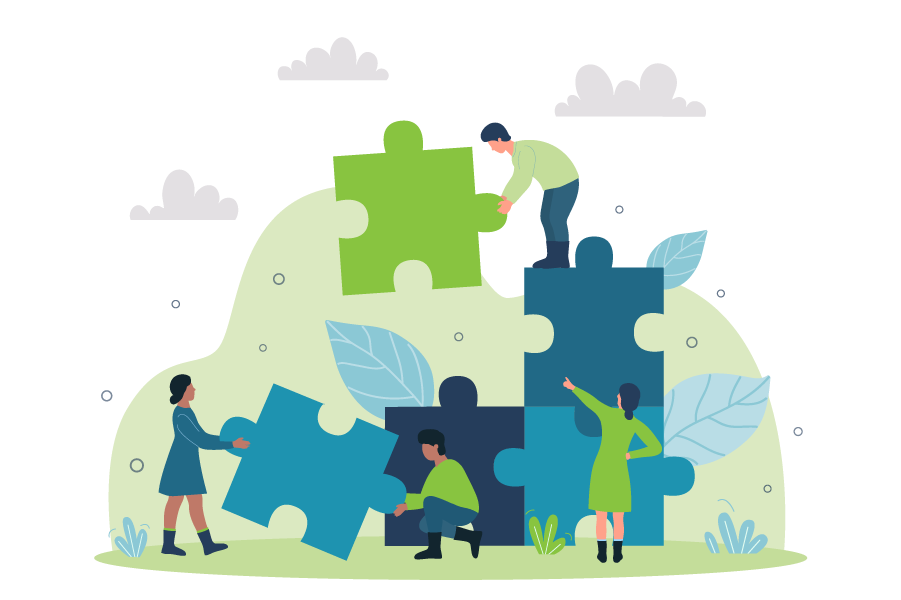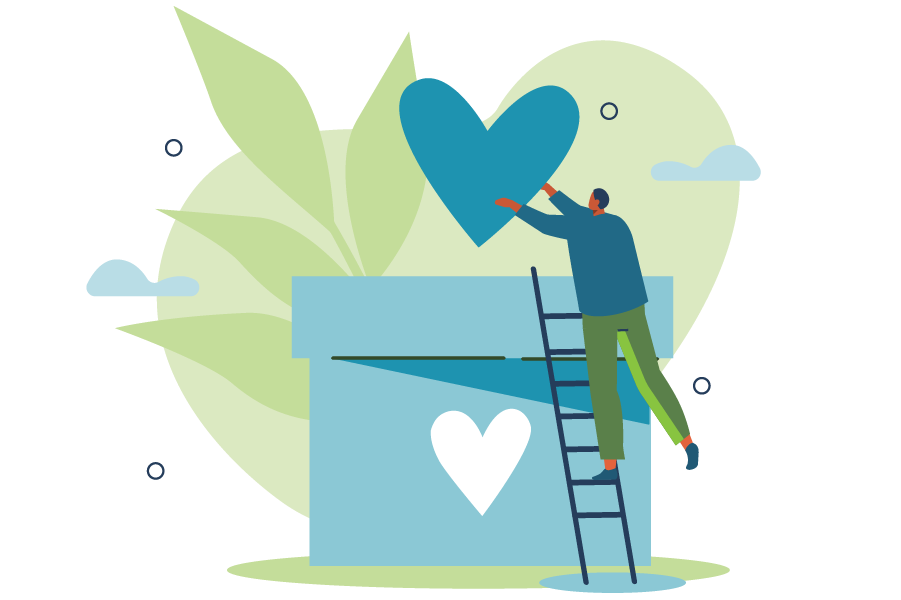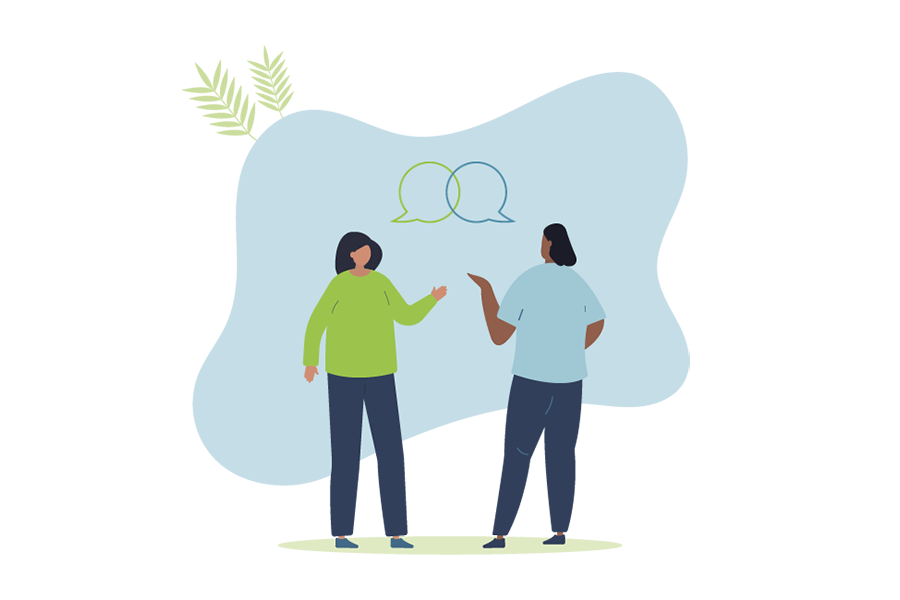Parenting is a journey full of joys and challenges, but sometimes, the challenges become overwhelming and even frightening. If you’re facing child-on-parent abuse, you may feel isolated, ashamed, or confused. It can be incredibly hard to admit to yourself that your child’s behaviour has crossed a line. Many parents feel they’re somehow to blame – but the truth is, it’s not your fault.
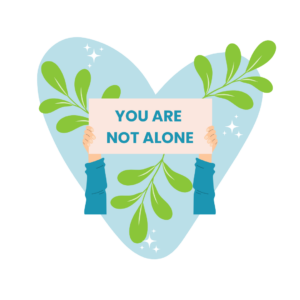
Understanding Child-on-Parent Abuse (CPA)
Child-on-parent abuse is defined as ‘a pattern of behaviour…which involves using verbal, financial, physical and/or emotional means to practise power and exert control over a parent…such that a parent unhealthily adapts his/her own behaviour to accommodate the child.’ This behaviour can escalate over time and may involve repeated incidents that leave parents feeling powerless and trapped.
While all families experience moments of anger, frustration, and conflict, abuse and violence cross an entirely different boundary. It’s natural to experience difficult moments when raising a child, but no one should feel threatened in their own home.
The Stigma Surrounding CPA
40% of those experiencing CAPVA refuse to report it; this is because child-on-parent abuse often comes with a “double stigma.” There’s the stigma of being a victim of family violence, but on top of that, there’s the additional stigma of being seen as the parent of a “difficult” child. Many parents worry about being judged or misunderstood by family, friends, or society. Some common fears include:
Fear of retribution
Worried that their child or other family members might retaliate.
Fear of the consequences
Concern that the child might be criminalised or removed from the family home.
Fear of disbelief
A worry that they won’t be taken seriously or might be blamed for their child’s behaviour.
This stigma often leaves parents feeling too afraid or ashamed to reach out for help. But it’s crucial to remember: you’re not alone, and there is support available.
Dispelling Myths Around CPA
There are many myths about child-on-parent abuse, and these misconceptions can prevent parents from seeking the support they need. Let’s break down a few of these myths:
Myth: Only children who’ve witnessed domestic abuse go on to abuse a parent or carer.
Truth: More than half of families impacted by CPA have no prior experience of abuse.
Myth: CPA only affects certain types of families.
Truth: CPA can happen to anyone, regardless of family background, social status, or profession.
Myth: CPA is caused by bad parenting.
Truth: Many parents with multiple children experience CPA with only one child, showing that parenting isn’t the root cause.
Myth: CPA only happens when a child has additional needs or mental health conditions.
Truth: While some factors may increase the likelihood of CPA, it isn’t limited to children with additional needs.
Myth: There’s a simple solution to stop CPA.
Truth: situation is unique, and there’s no one-size-fits-all solution. That’s why support networks are crucial to helping parents find tailored support.
We are here to help you.
If you are facing child-on-parent abuse and you’re not sure what to do, reach out for help.
Breaking the Silence
Talking about CPA can be daunting but opening up can be the first step toward relief and support. You don’t have to navigate this alone. Seeking help doesn’t mean you’re failing as a parent – it’s a courageous step toward creating a healthier environment for yourself and your family.
If you’re facing these challenges, Freeva is here to help. You can reach out to our team on our helpline at 0808 802 0028 or contact us via email at [email protected]. We’re here to listen, support, and stand by you every step of the way. Remember, you’re not alone, and there is a path forward.

